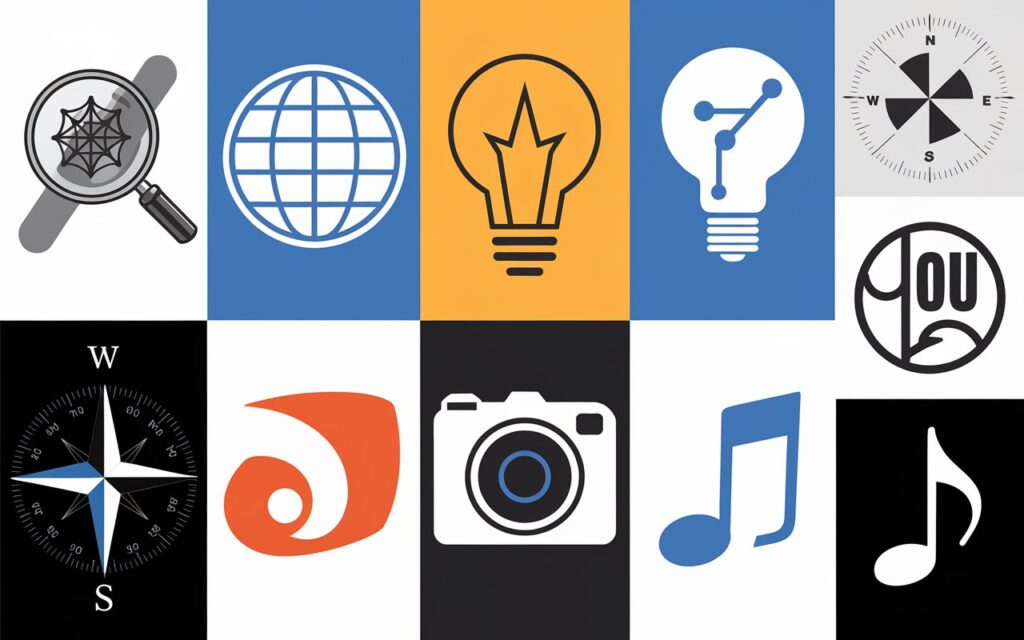The term “bokepindoh” has recently gained attention online, sparking curiosity among individuals looking to better understand its meaning, context, and potential implications. For those unfamiliar with the term, it is crucial to clarify what “bokepindoh” entails and how it fits into broader discussions about online content, privacy, and media consumption. In this article, we’ll delve into what the term represents, its implications in the digital space, and offer advice on responsible media consumption in today’s internet landscape.
What Is ‘Bokepindoh’?
Exploring the Meaning of ‘Bokepindoh’
The term bokepindoh appears to be associated with certain types of online content that might not be appropriate for all audiences. “Bokep” itself is a term used in Indonesian slang that refers to adult or explicit media, commonly found in online videos. It has become a catch-all term for content that many internet users are drawn to but which often carries risks in terms of legality, personal security, and social implications. “Indoh” suggests a regional link, possibly related to Indonesia, amplifying its association with specific geographic or cultural content consumption patterns.
As with many similar terms, it’s essential to approach “bokepindoh” with caution due to the potential legal and ethical implications tied to its use.
The Rise of Online Adult Content
Adult content, such as the one suggested by the term “bokepindoh,” has grown significantly with the rise of the internet. While adult media is not inherently negative, it brings with it issues such as:
- Privacy concerns
- Addiction risks
- Legal consequences, particularly in regions with strict content restrictions
Given the nature of this content, understanding the broader context in which “bokepindoh” is consumed can help people navigate it responsibly and ethically.
The Impact of Consuming Adult Content Online
Legal and Ethical Considerations
One of the most important aspects to consider when discussing terms like bokepindoh is the legal framework surrounding adult content in different parts of the world. In countries like Indonesia, there are strict regulations concerning adult content, and accessing or distributing such material could lead to serious legal consequences.
- Laws in Indonesia: In Indonesia, where the term originates, the government has stringent measures in place to block access to adult content. Engaging with platforms associated with bokepindoh could, therefore, violate these legal boundaries.
- Ethical Concerns: Beyond legality, ethical concerns about consent, exploitation, and the impact of adult content on relationships and mental health are widely debated. Consumers must remain informed about the moral dimensions of their media choices.
Privacy and Data Security Issues
Another significant concern tied to accessing adult content like bokepindoh relates to privacy and data security. Many adult websites are notorious for harboring malware, phishing schemes, or tracking user activity, potentially exposing personal data to unwanted third parties.
Key privacy risks include:
- Malware and viruses: Many unregulated adult content platforms embed malicious software that can infect users’ devices.
- Phishing schemes: Fraudulent websites may trick users into providing sensitive information, which can be used for identity theft.
- Invasions of privacy: Without proper encryption, personal data (like browsing history) can be exposed, leading to potential embarrassment or blackmail.
Addiction and Mental Health Implications
Frequent consumption of adult content, particularly material tied to terms like bokepindoh, can have negative effects on mental health. Studies have shown that excessive use of such content can lead to:
- Addiction: Compulsive consumption of explicit material may interfere with daily life, affecting personal and professional relationships.
- Distorted views of intimacy: Repeated exposure to unrealistic portrayals of relationships in adult content can warp perceptions of healthy, consensual relationships.
- Mental health issues: Feelings of guilt, anxiety, or depression may arise from overconsumption, particularly if social stigmas surround adult media in the consumer’s cultural context.
How to Navigate Content Like ‘Bokepindoh’ Responsibly
Practicing Safe Browsing Habits
For individuals who still choose to explore content like bokepindoh, it’s critical to maintain safety while browsing. Here are some tips to protect privacy and security online:
- Use a VPN: A virtual private network (VPN) can help protect your identity and encrypt your data, ensuring that your browsing activity remains anonymous.
- Install antivirus software: Protect your device from malware, viruses, and other malicious software by regularly updating antivirus programs.
- Clear browsing history: Regularly clearing your browser history and cookies can minimize the chances of unwanted parties tracking your online activity.
Moderation and Healthy Consumption
A critical piece of advice when engaging with any form of media, especially adult content, is moderation. Responsible consumption involves setting personal limits, being mindful of time spent online, and reflecting on how this content affects your mental health and relationships.
- Set limits: Allocate specific timeframes to browse or watch adult content, avoiding excessive consumption.
- Seek balance: Balance media consumption with other healthy activities, such as hobbies, social interactions, and physical exercise.
- Reflect on impact: Regularly assess how engaging with this content affects your emotions, relationships, and daily life. If negative patterns emerge, it may be time to reconsider your habits.
Alternatives to Adult Content Consumption
Exploring Other Forms of Entertainment
For those looking to move away from explicit content like bokepindoh, there are various alternative forms of entertainment that can provide fulfillment without potential risks. Exploring these alternatives can lead to a more balanced and fulfilling media diet:
- Educational platforms: Many websites offer engaging educational content, ranging from science documentaries to interactive learning platforms.
- Hobbies and interests: Exploring hobbies like reading, gaming, or even outdoor activities can provide rewarding and satisfying ways to spend time.
- Streaming services: With the rise of streaming platforms like Netflix, Hulu, and Disney+, there’s an endless array of content for every taste, from dramas and comedies to documentaries.
Seeking Professional Help
For those struggling with overconsumption of adult media or feeling the negative effects of exposure to terms like bokepindoh, seeking professional help can be a constructive step. Mental health professionals, including therapists and counselors, specialize in managing the impact of media addiction and can provide guidance on healthier consumption habits.
Conclusion
The term bokepindoh highlights a broader issue of how individuals engage with adult content online. While it can serve as a form of entertainment for some, there are significant legal, ethical, and psychological risks associated with its consumption. To navigate this content responsibly, it’s important to stay informed, protect your privacy, and moderate your habits. Exploring alternative forms of entertainment and seeking professional help when necessary can lead to healthier relationships with media. By staying mindful of these factors, users can make more informed decisions about their media consumption.
Frequently Asked Questions (FAQs) about Bokepindoh
1. What does the term ‘bokepindoh’ mean?
“Bokepindoh” refers to explicit adult content, typically associated with Indonesian media.
2. Is it legal to access ‘bokepindoh’ content?
The legality depends on local laws, with some countries, like Indonesia, banning such content.
3. Are there risks involved in accessing ‘bokepindoh’ websites?
Yes, risks include malware, privacy invasion, and potential legal consequences.
4. Can consuming adult content affect mental health?
Overconsumption of adult content can lead to addiction, anxiety, or distorted views of intimacy.
5. How can I protect my privacy when browsing explicit content?
Use a VPN, install antivirus software, and regularly clear your browsing history.
6. What are safer alternatives to adult content consumption?
Consider educational platforms, hobbies, or streaming services for safer entertainment.
7. How can I reduce adult content consumption?
Set personal limits, balance media consumption with healthy activities, and seek professional help if needed.



